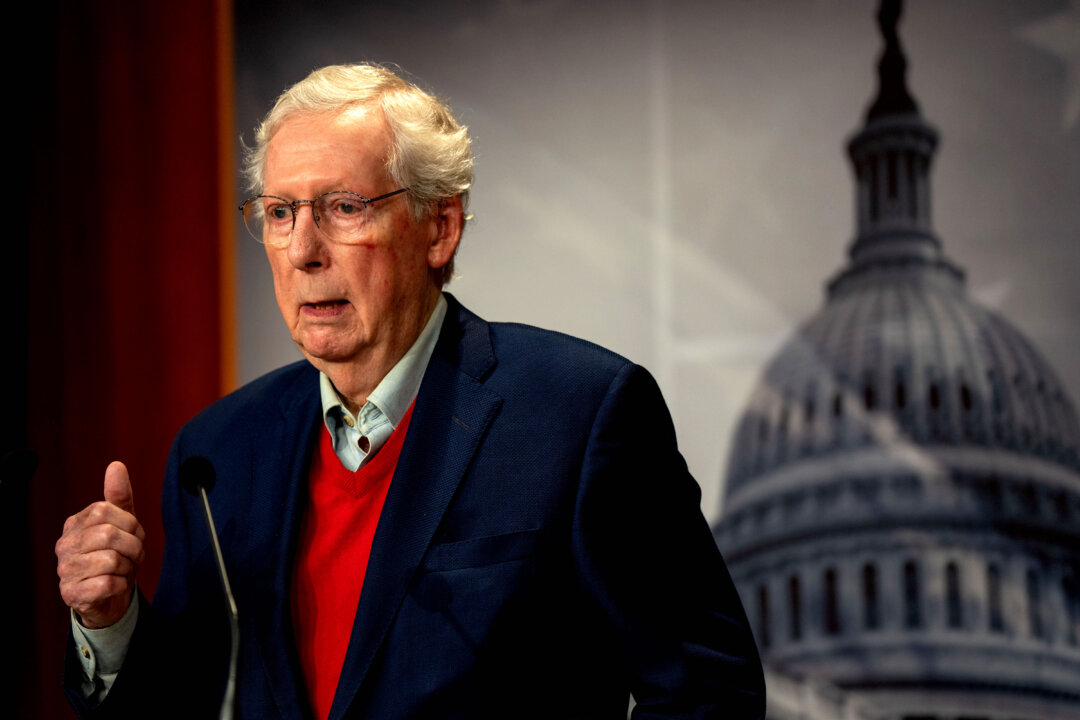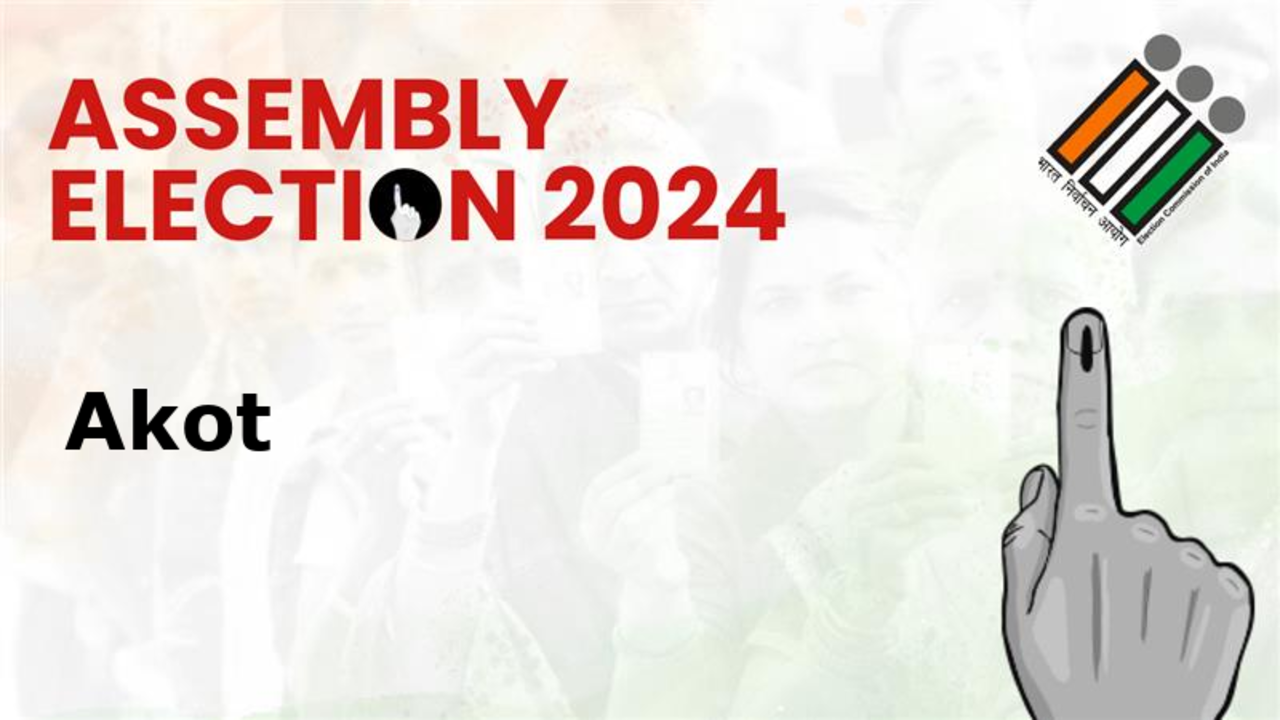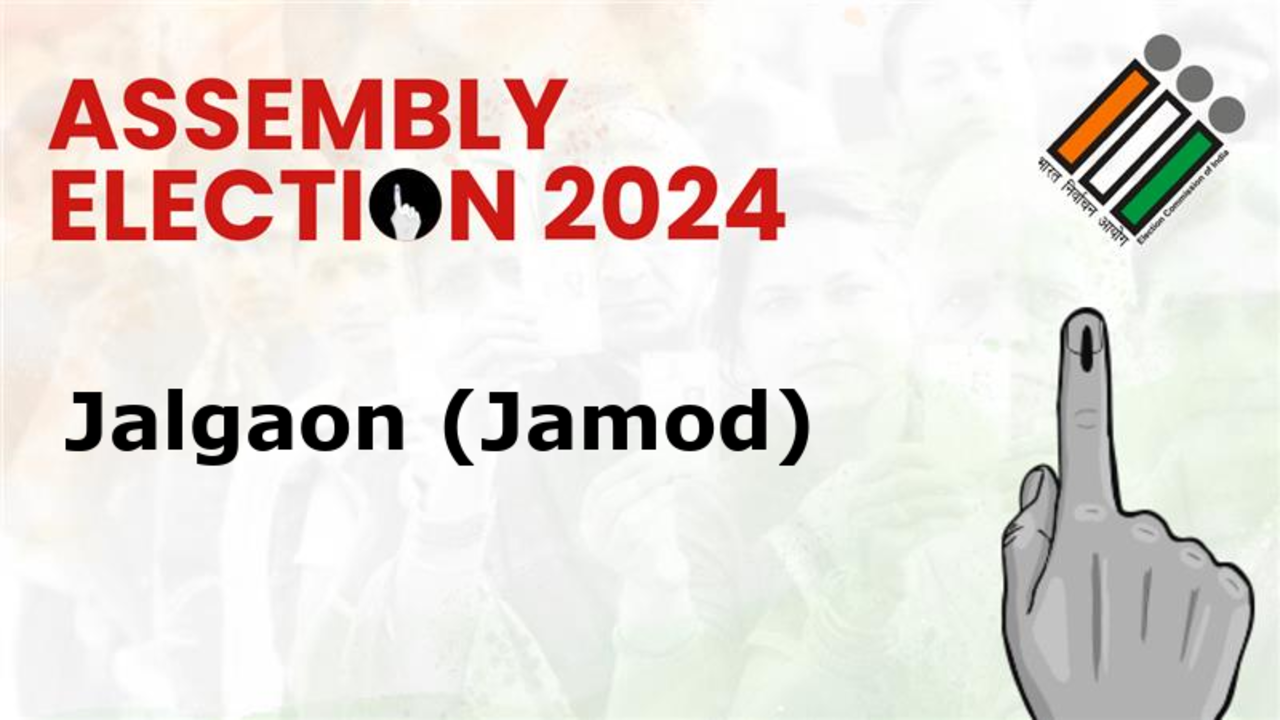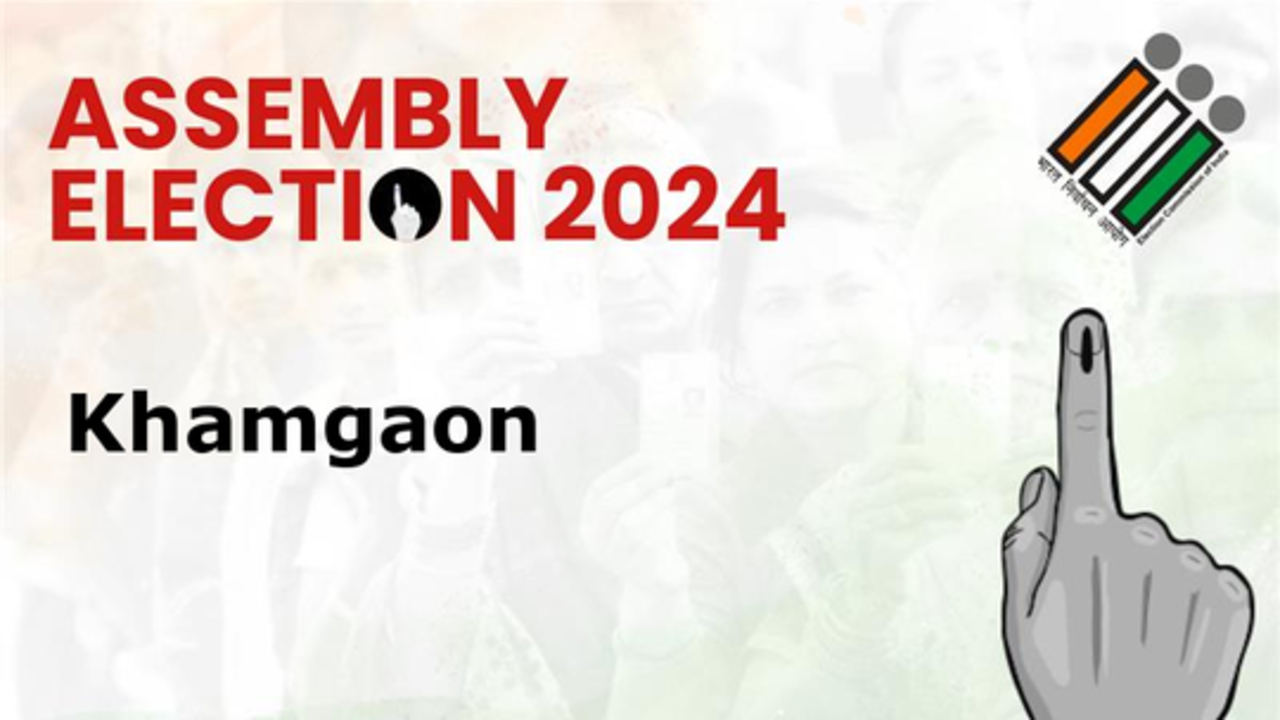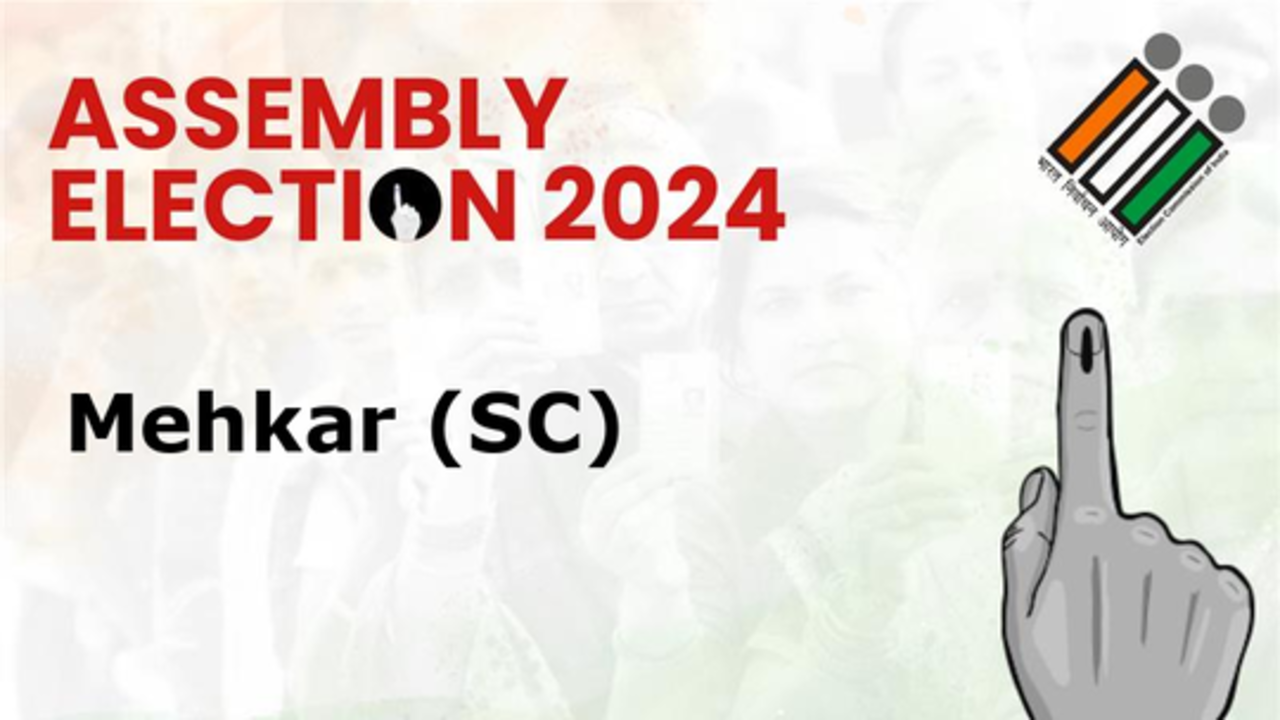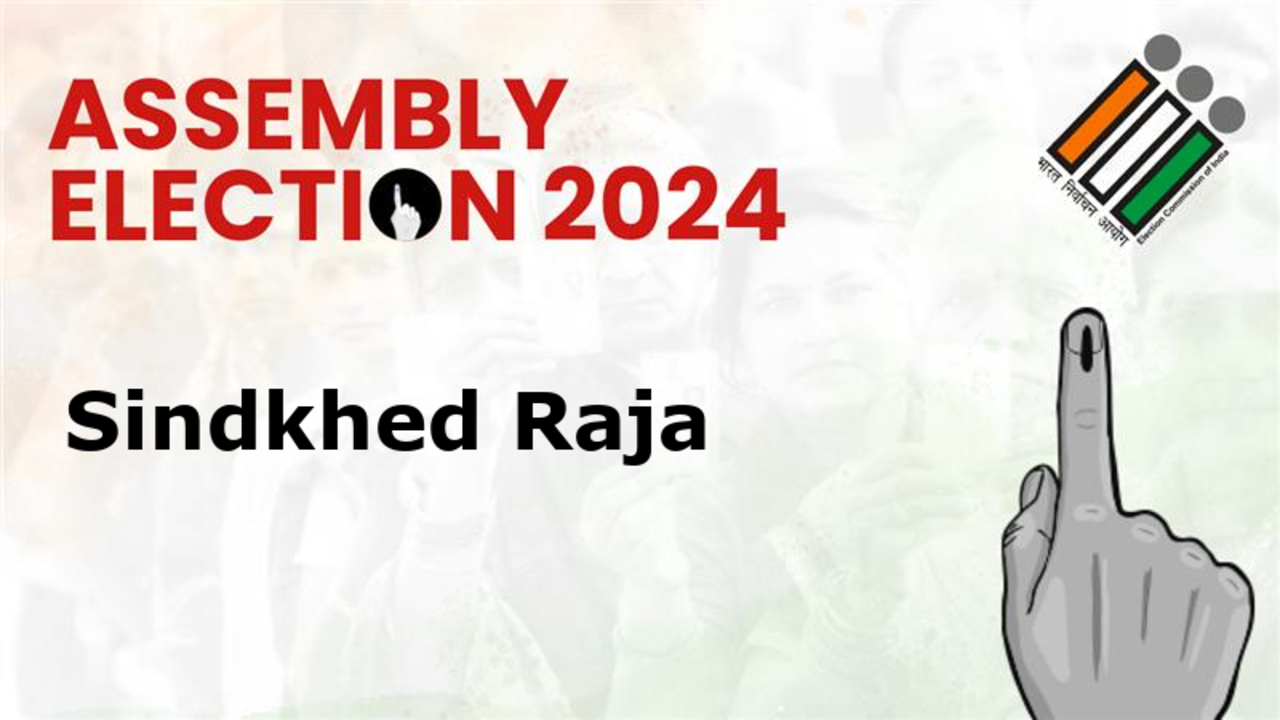
There is no better time to listen to teachers in general and agree on a new social contract with arguably, the most important, and probably the oldest profession in the world. Former Registrar/Chief Executive of Teachers’ Registration Council of Nigeria (TRCN), A.M.
Gwar once wrote that ‘teaching is the mother of all professions because practitioners of other professions are taught by teachers.’ He cannot be more right. He correctly adds that teaching holds a ‘critical and fundamental position in the development of any nation [and] acts as a catalyst of change for the transformation of society to the desired end’.
Is it any surprise that the 2024 World Teacher’s Day theme is ‘Valuing teachers’ voices: Towards a new social contract for education’? As widely agreed, education is the key to developing human capital, and in turn societal progress. The five-point ‘Nigeria’s philosophy of education’ acknowledges, inter alia, that ‘education is an instrument for national development and social change’; that ‘education is vital for the promotion of a progressive and united Nigeria’, that education maximises the creative potentials and skills of the individual for self-fulfilment and general development of the society.’ No one will disagree with these assertions.
But it is important to keep in clear view that the quality of the teachers is the foundation on which these great ideas of education can be built. Good teachers form the cornerstone of a good educational system for, only those who have can give what they have –for good or for ill. That Mr.
Gwar is right is proven by countries that put a premium on the respect for and reward of teachers: they rank among the most advanced in education, civility, and generally, social, cultural, economic and political stability and progress. The simple reason is that the people are better citizens because they are better educated, and this, in turn, is because the teachers are better treated – by the government and by society. As a country, Luxembourg pays an entry-level teacher salary of over $70,000 (reportedly the highest in the world).
Bhutan, Norway, Finland, South Korea, Australia, Japan, and Singapore...
share common traits such as strong government support for education, high standards for teacher training, and cultural values that emphasize the importance of education. The 2024 World Teachers’ Day thematically aims to ‘emphasise the pivotal role that teachers play in shaping the future of education and the urgent need to incorporate their perspectives into educational policy and decision-making processes.’ That nations of the world need to be reminded of these and other crucial matters concerning their teachers is a disappointing indication of the esteem of the profession.
But it should not at all be so. One key indication of how important countries consider educating citizens generally, and specifically the teaching profession is the yearly spending on the education sector. Research shows that Bhutan’s 2024-25 financial year budget of about ‘Nu 90 billion’ allocates over ‘Nu 21 billion’ to the education sector.
This is about 23.3 per cent and favourably with the UNESCO recommendation that countries allocate 15-20 per cent of the yearly budget, or 4-6 per cent of GDP to the education sector. Certainly, if the sector is well funded –and the fund is judiciously spent- the critical human factor in education namely the teachers will benefit to be able to deliver their best to pupils.
Nigeria, or more correctly the government of Nigeria, has for years treated education with disdain, as glaringly evidenced by financial allocation on the one hand, and on the other hand, the treatment of teachers at all levels. In more recent years, the 2015 federal budget that allocated 10.79 per cent for education was the highest.
Since then, education has suffered a decline in the consideration of government at the centre. The 2024 federal budget of N27 trillion gives only 7.9 per cent (N2.
18 trillion). This is the same percentage allocation for the year 2016. It is axiomatic that in the ‘education pyramid, the primary and secondary tiers are most crucial and deserve the highest consideration.
Alas, in total variance with the noble ideas contained in the National Policy on Education (NPE) (2013), the teachers at these levels are treated with levity; they are poorly remunerated and suffer delayed pay; the school environment in which they work is generally demoralising. The extant NPE S.92 (a) recognises ‘the pivotal role of quality teachers in the provision of quality education at all levels.
’ In S.93 (a), it expresses a commitment [of government] to five-point ‘goals of Teacher Education’ that include producing ‘highly motivated, conscientious, and efficient classroom teachers for all levels of the educational system’, and enhancing ‘teachers’ commitment to the teaching profession.’.








